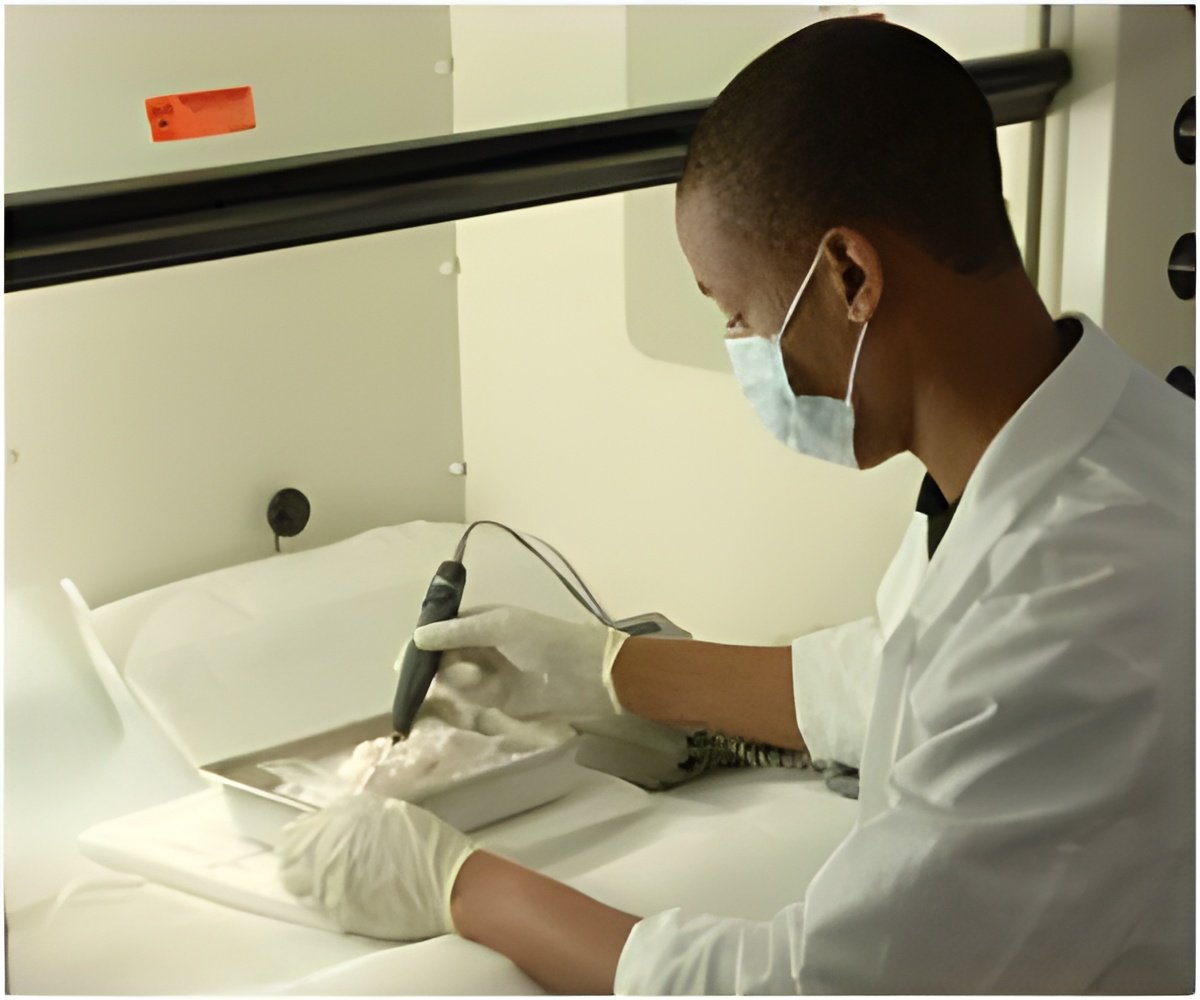A novel method to developing new drugs to control inflammation without serious side effects has been discovered by scientists.

Inhibiting a molecule called phosphodiesterase 4B, or PDE4B, suppresses inflammation by affecting a key gene called CLYD, a gene that serves as a brake on inflammation.
The research was published in the journal Nature Communications.
Li explained the process of overactive inflammation using a "police" analogy.
When a pathogen – such as bacteria or viruses -- infects a patient, he said, it triggers an "alarm" to which the "police" of immune system respond. In turn, it triggers neutrophil attractant called cytokines to respond, leading to inflammation that serves to help rid the body of the pathogen. But if inflammation isn't stopped, tissue damage can result.
The pathways during the response are termed "positive," like a gas pedal on a car, and "negative," like a brake, with the process in the positive pathway going down the line from the pathogen to inflammation, and negative going the other direction. PDE4B is involved in controlling the negative pathway.
Advertisement
"This is the key negative regulator that we have been searching after for years, " Li said.
Advertisement
Source-Eurekalert










